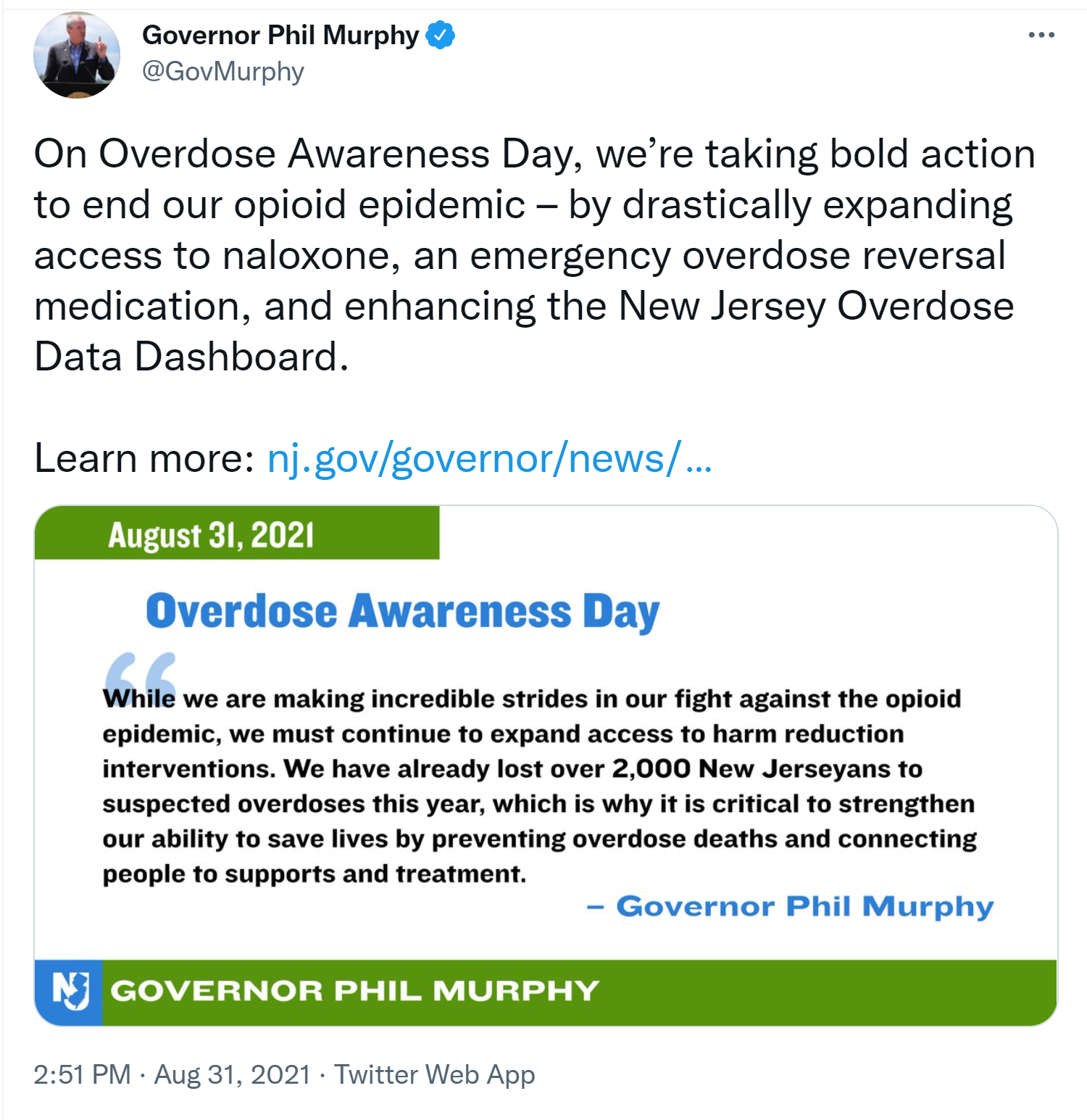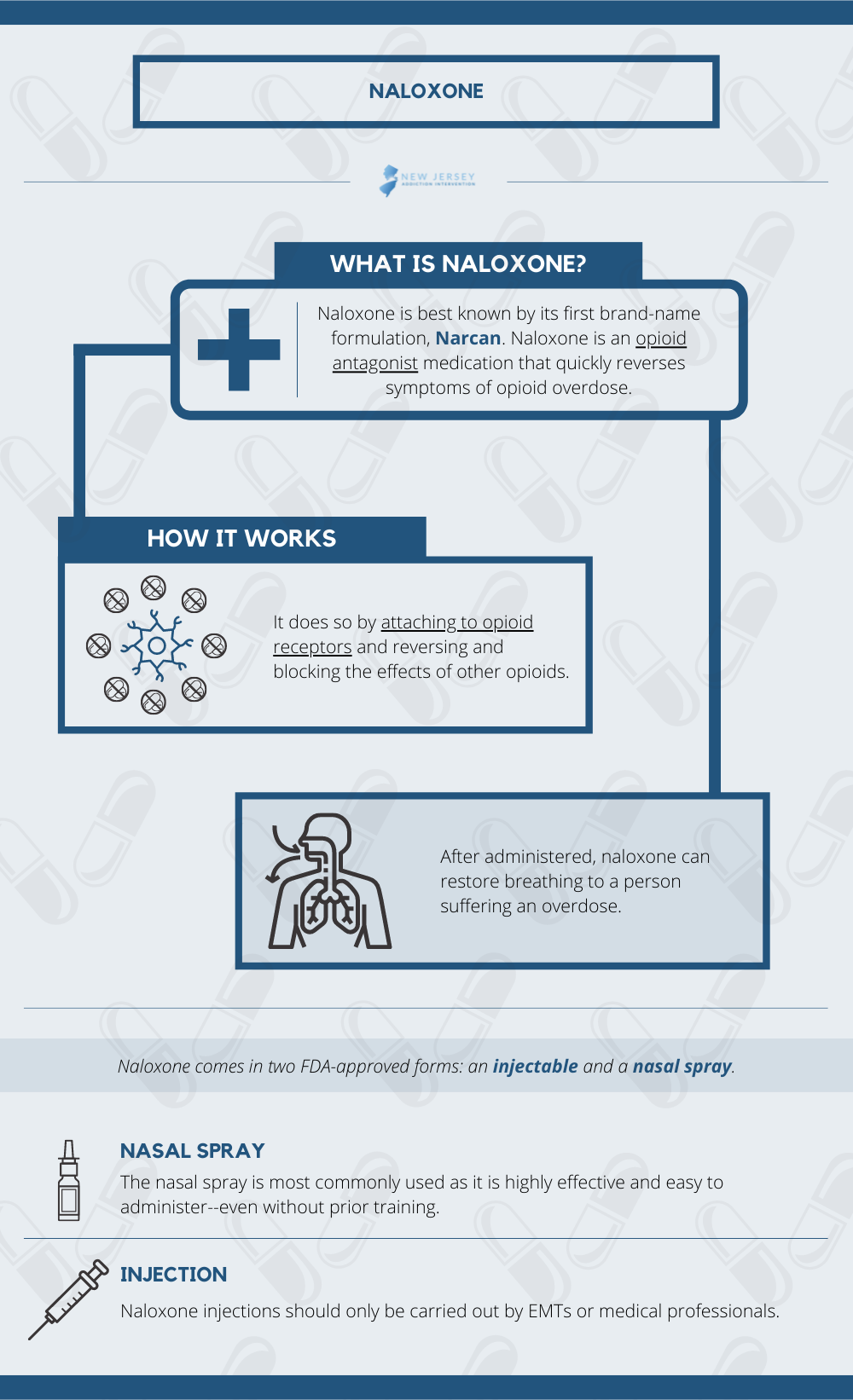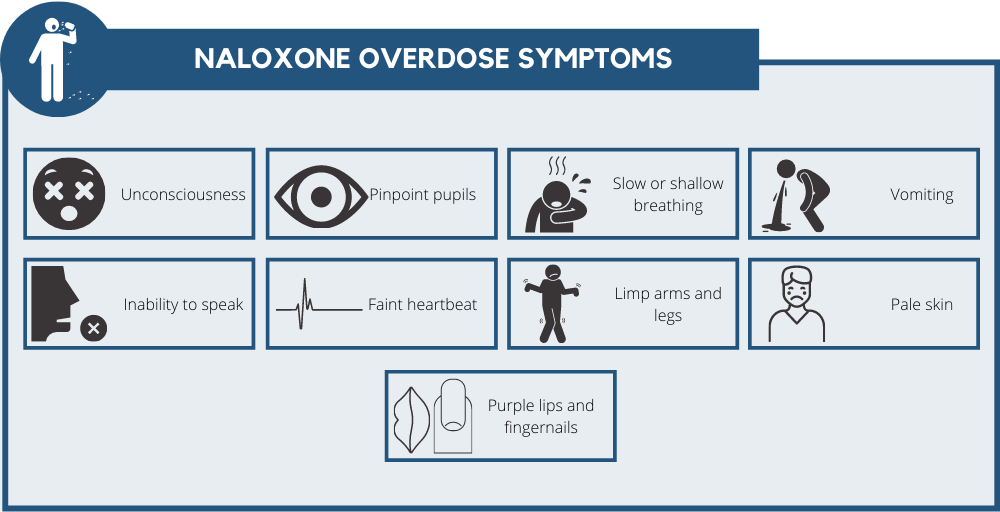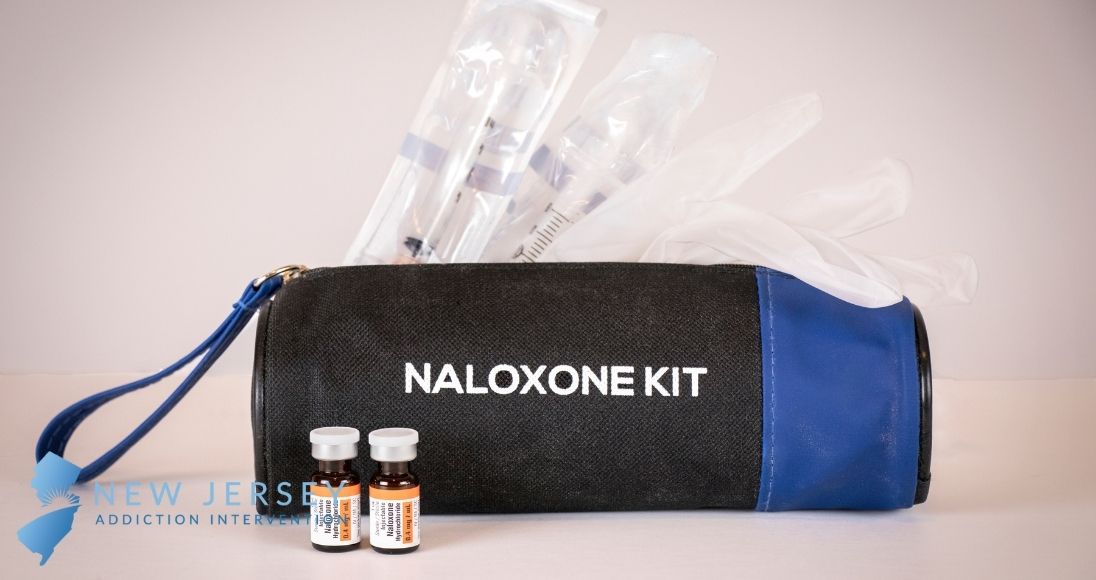As the opioid crisis rages on across the United States, and shows no sign of slowing down, addictive drugs like heroin, fentanyl, and carfentanil continue to take the lives of hundreds of Americans each day. According to the latest data released by the Centers for Disease Control and Prevention (CDC), 2020 marked the deadliest year for drug overdose deaths on record.[1]
More than 93,000 people died as a result of a drug overdose last year, a 30% increase from 2019. Officials explained to NPR that this increase was driven by the lethal prevalence of fentanyl and other potent synthetic opioids which have infiltrated the drug supply. Combined with stressors from the COVID-19 pandemic, it is easy to see how opioid overdoses have gotten so out of hand.
In 2020, roughly 57,000 people died from synthetic opioids like fentanyl and nearly 13,000 died from heroin.
As opioid overdose deaths continue to increase across America, the state of New Jersey and Governor Phil Murphy have taken bold steps to expand access to naloxone–a life-saving, opioid overdose reversal medication.
On August 31st, 2021, in honor of International Overdose Awareness Day, New Jersey Governor Murphy tweeted:

New Jersey’s New Naloxone Order
New Jersey has done something few other states have managed to do in an attempt to fight the opioid crisis. By the end of summer, every resident of New Jersey will be legally allowed to purchase and carry naloxone (Narcan), an opioid overdose antidote, without a prescription. They are also permitted to administer the medication to anyone they believe is experiencing a drug overdose.[2]
With more people being able to carry naloxone, the medication will be far more accessible. In the event of an overdose, someone may not have to wait those crucial 5-10 minutes that it takes for EMTs to arrive to get help. Instead, a person who suspects an overdose can administer naloxone themselves, potentially saving a person’s life.
In the midst of the COVID-19 pandemic when emergency medical workers are already stretched far too thin, this life-saving medication has the ability to make a major difference in the community–especially when every minute counts as it does when an overdose occurs.
According to the New Jersey Spotlight, “Treatment advocates are hailing those new laws as well as several recent changes to federal regulation designed to reduce the stigma around addiction, close gaps in treatment and expand access to critical medications, including naloxone and buprenorphine, a highly effective intervention for opioid addiction.”
New Jersey’s New State Overdose Database
Expanded access to naloxone isn’t the only bill Governor Murphy signed into legislation in an attempt to combat opioid overdose–he has also launched a new, state-wide overdose database.[3] The database is known as the New Jersey Overdose Data Dashboard. The dashboard displays real-time information about naloxone administrations, addiction treatment admissions, neonatal abstinence syndrome cases, hepatitis cases, opioid prescriptions, and drug-related hospital visits. The data can be sorted by county, gender, age, race, and ethnicity.
Public health officials hope this information will provide the valuable insight needed to fight New Jersey’s opioid epidemic.
What is Naloxone (Narcan)?

Naloxone is an opioid antagonist medication that quickly reverses symptoms of opioid overdose. It does so by attaching to opioid receptors and reversing and blocking the effects of other opioids. After administered, naloxone can restore breathing to a person suffering an overdose.[4]
Naloxone is best known by its first brand-name formulation, Narcan.
Naloxone comes in two FDA-approved forms: an injectable and a nasal spray. The nasal spray is most commonly used as it is highly effective and easy to administer–even without prior training. Naloxone injections should only be carried out by EMTs or medical professionals.
When Should Naloxone Be Administered?
Naloxone should be administered to any individual who is showing signs of opioid overdose. Symptoms of opioid overdose include:[4]

- Unconsciousness
- Pinpoint pupils
- Slow or shallow breathing
- Vomiting or making gurgling noises
- Inability to speak
- Faint heartbeat
- Limp arms and legs
- Pale skin
- Purple lips and fingernails
911 should always be contacted in the event of an opioid overdose, even if a layperson administers naloxone and it appears to work. If the opioids consumed are longer-lasting than the naloxone, a person’s breathing can stop again, so the person needs to be monitored for at least 2 hours after receiving naloxone. Medical personnel can check the person’s vitals, make sure they aren’t susceptible to overdosing again, and connect the patient with local treatment resources.
Find Help for Opioid Addiction Today
Naloxone is a life-saving medication that can effectively combat the opioid crisis, however, it is not the ultimate cure for opioid addiction. The only way to truly overcome an addiction is to seek help from a licensed addiction treatment facility.
Here at New Jersey Addiction Intervention, our team is dedicated to helping individuals find the help they deserve. Call today to learn more about our addiction treatment services.
References:
- https://www.npr.org/2021/07/14/1016029270/drug-overdoses-killed-a-record-number-of-americans-in-2020-jumping-by-nearly-30
- https://www.njspotlight.com/2021/07/nj-addition-new-law-narcan-overdose-deaths-expanded-access-to-medications/
- https://pressofatlanticcity.com/news/state-and-regional/new-state-overdose-database-increased-naloxone-access-on-overdose-awareness-day/article_e5991de0-0a6c-11ec-8239-635e1f079c4d.html
- https://www.drugabuse.gov/publications/drugfacts/naloxone
Medically Reviewed: September 1, 2021

All of the information on this page has been reviewed and verified by a certified addiction professional.

